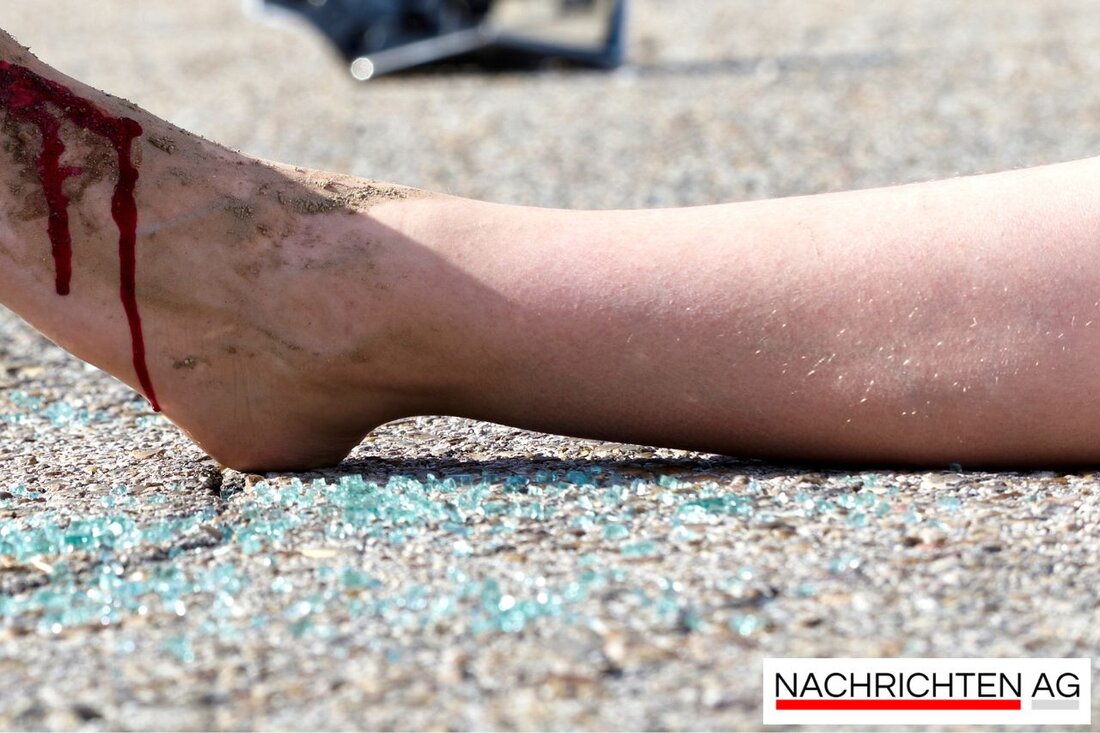Spremberg commemorates the November pogroms: 194 names in focus
In Spremberg, 150 people commemorated the victims of the November pogroms in 1938 with an event and exhibition on November 9th.

Spremberg commemorates the November pogroms: 194 names in focus
On November 9th, a moving memorial event took place on the market square in Spremberg in honor of the victims of the November pogroms of 1938. Around 150 people came together to remember the tragic fates of the persecuted people who lived in Spremberg or came from this city during the Nazi era. This public commemoration has been held annually since 2021 and has become firmly established in the city's calendar. This year, 194 names of those affected were read out, which emphatically underlined the importance of this work of remembrance. Lower Lusatia currently reports that the program also included a powerful theater piece that traced the stories of forced laborers in the region during the Third Reich.
An exhibition in memory of those persecuted by the Nazi regime was opened in the Spremberg town hall in the afternoon, organized by the AG Trace Search and the #unteilbar Spremberg alliance. This exhibition shows documented fates, including those of Ernst and Martha Tschickert and Reinhold Arndt. Not to be forgotten are the stumbling blocks that were laid on the Georgenberg for these people on October 18th. This part of the memorial event is also outlined Lower Lusatia currently detailed.
A living culture of remembrance
The exhibition will be accessible during regular town hall opening hours until the end of December 2025. Another highlight will be the lecture by Gunter Demnig, the initiator of the Stolperstein laying, which is scheduled for March 6, 2026 in Spremberg. Further stumbling blocks are planned to be laid in Spremberg on March 7, 2026, which will send a great signal of remembrance and remembrance.
Spremberg is not the only city that is currently recalling the darkest time in German history. In Solingen, for example, an equally impressive memorial event was organized, which is supported by the Alliance for Tolerance and Civil Courage. Mayor Daniel Flemm also took part in the event on the site of the former Solingen synagogue, which now houses a high school. These regional memorial initiatives are part of a broad movement that appropriately honors the victims of National Socialism. An exhibition entitled “Kristallnacht” took place in the state parliament of North Rhine-Westphalia, which showed historical photo series about the crimes against the Jewish population. At the opening of the exhibition, State Parliament President André Kuper emphasized the importance of democracy, tolerance and humanity. WDR offers exciting insights into the numerous events.
This work of remembrance is essential because it shows that even after many decades, the memory of injustice must be kept alive. As a bicycle memorial ride in Marl demonstrated, many people are actively committed to commemoration with activities such as visiting stumbling blocks and reading short stories so as not to forget the lessons from the past. The various initiatives and groups that work tirelessly demonstrate a good knack for organizing such commemorative events.

 Suche
Suche
 Mein Konto
Mein Konto